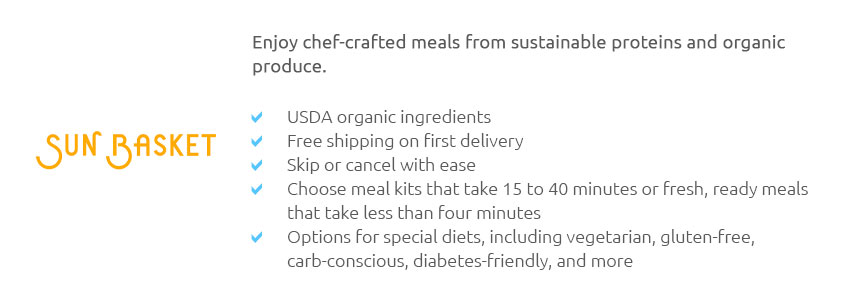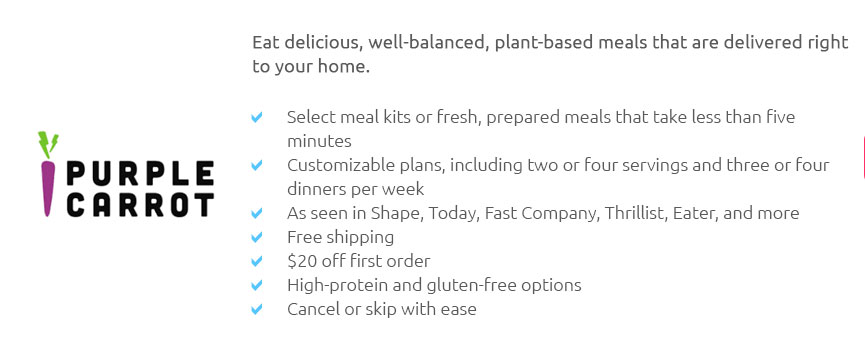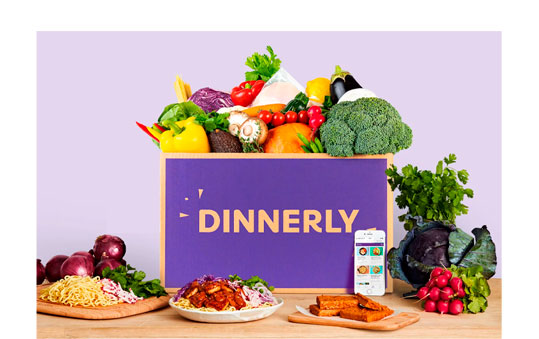 |
 |
 |
|---|
 |
|---|
 |
||||||
|---|---|---|---|---|---|---|
|
||||||
 |
 |
|||||
 |
 |
|||||
 |
 |
|||||
 |
 |
|||||
 |
 |
|||||
 |
 |
|||||
 |
 |
|||||
 |
 |
|---|
The Rise and Relevance of Food Boxes in Modern SocietyIn recent years, the concept of food boxes has emerged as a cornerstone of contemporary culinary culture, blending convenience with creativity. These curated packages have captivated a wide audience, from busy professionals to culinary novices, each seeking the perfect blend of efficiency and exploration. But what exactly has fueled this meteoric rise of food boxes, and why do they resonate so deeply in our current era? To begin with, the allure of food boxes lies in their convenience. In a world increasingly dominated by hectic schedules and relentless demands, the simplicity of having a box brimming with pre-portioned ingredients delivered directly to one's doorstep is undeniably appealing. It eliminates the time-consuming tasks of meal planning and grocery shopping, allowing individuals to focus on the art of cooking without the typical stressors. Yet, beyond mere convenience, food boxes offer an educational journey, inviting users to expand their culinary repertoire with recipes they might not otherwise attempt. From a nutritional standpoint, food boxes can be a game-changer. Many services prioritize fresh, organic ingredients, tailored to specific dietary preferences and restrictions. This attention to detail ensures that even those with the most discerning palates or specific health goals can find a suitable option, making healthy eating both accessible and enjoyable. Moreover, the rise of plant-based and vegan food boxes reflects broader societal trends towards sustainability and ethical consumption, indicating a shift in consumer values. Another pivotal aspect is the element of surprise. The anticipation of discovering what each box holds can evoke the same excitement as opening a gift. This unpredictable nature not only keeps mealtime interesting but also encourages individuals to step out of their comfort zones, trying ingredients and techniques they might have previously overlooked. Such experiences can foster a deeper appreciation for diverse cuisines and cultures, enriching one’s culinary knowledge.
Despite their numerous benefits, it's essential to acknowledge the challenges food boxes face. Concerns about packaging waste and the environmental impact of shipping remain pertinent. While many companies are making strides towards eco-friendly practices, consumers must remain vigilant and informed, opting for services that prioritize sustainability. In conclusion, food boxes have carved a niche in our lives, offering more than just meals. They are a blend of convenience, education, and exploration, embodying the modern individual's desire for efficiency without sacrificing quality or creativity. As they continue to evolve, one can only anticipate the exciting innovations that lie ahead in this dynamic segment of the culinary world. https://www.feedingamerica.org/need-help-find-food
The Feeding America network of food banks and meal programs can help you find food and financial assistance. https://www.feedingamerica.org/find-your-local-foodbank
Find the Feeding America member food bank nearest you. Over 200 member food banks can connect you with free food, food pantries, soup kitchens, ... https://www.blueapron.com/?srsltid=AfmBOorsjMClphE5xcyzCAgKTRDW5OvuNF5bjJ7v9I-fFkGMznC4HIzO
It eliminates a ton of food waste while allowing us to try new things and have ...
|
|---|


